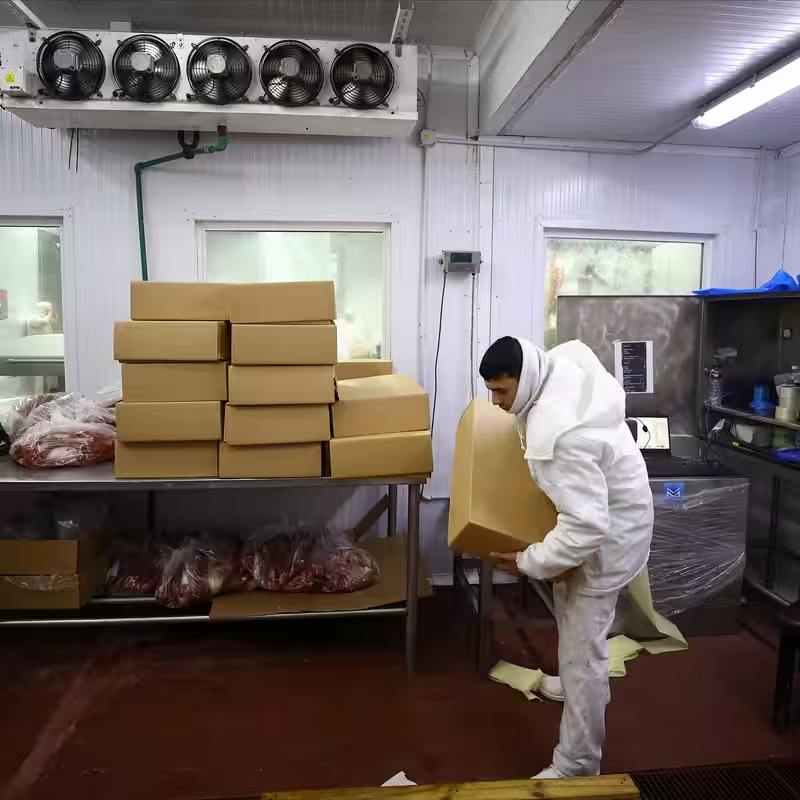Table of Contents
- GOP Senators Slam White House Beef Import Plan
- Why Argentine Beef Is Sparking Controversy
- Ranchers at Risk: Economic Concerns Mount
- Vance in the Hot Seat After Closed-Door Meeting
- Broader Trade Implications
- Sources
GOP Senators Slam White House Beef Import Plan
In a rare show of intra-party friction, a group of Republican senators confronted Vice President J.D. Vance in a closed-door meeting this week, urging him to scrap a White House proposal to significantly increase beef imports from Argentina. The senators, representing key cattle-producing states like Texas, Montana, and Nebraska, warned that the plan would undercut American ranchers already grappling with rising feed costs and volatile market prices.
According to attendees, the meeting grew heated as lawmakers emphasized the potential economic fallout for rural communities. “This isn’t just about trade—it’s about survival for family-run operations,” said one senator, speaking on condition of anonymity.
Why Argentine Beef Is Sparking Controversy
The Biden-Trump administration’s push to expand Argentine beef imports stems from ongoing trade negotiations aimed at strengthening ties with South American partners. Argentina, one of the world’s top beef exporters, offers competitively priced product due to lower production costs and favorable exchange rates.
However, critics argue that flooding the U.S. market with foreign beef—especially without reciprocal access for American agricultural exports—could destabilize domestic prices. U.S. ranchers operate under stricter environmental, animal welfare, and food safety regulations, which increase their production costs compared to some international competitors.
Ranchers at Risk: Economic Concerns Mount
For American cattle producers, the timing couldn’t be worse. After years of drought, labor shortages, and inflation-driven input costs, many operations are operating on razor-thin margins. A sudden influx of cheaper imported beef could drive prices down further, potentially forcing small and mid-sized ranches out of business.
“We’re not asking for handouts—we’re asking for a level playing field,” said Lisa Morgan, a third-generation rancher from Wyoming. “If they open the floodgates to Argentina, it’s game over for folks like us.”
Vance in the Hot Seat After Closed-Door Meeting
Vice President Vance, who has positioned himself as a champion of working-class Americans and economic nationalism, now faces a political tightrope. While the White House sees the Argentina deal as a strategic win, Vance’s base—particularly in the GOP’s rural stronghold—views it as a betrayal.
So far, the Vice President’s office has declined to confirm or deny whether the import plan will move forward. But sources close to the administration say internal debates are intensifying, with Agriculture Department officials reportedly divided on the issue.
Broader Trade Implications
This beef dispute reflects a larger tension within the Republican Party between traditional free-trade conservatives and the newer “America First” faction that prioritizes domestic industry protection. With the 2026 midterms looming, how Vance and the administration navigate this issue could signal where the party’s economic priorities truly lie.




